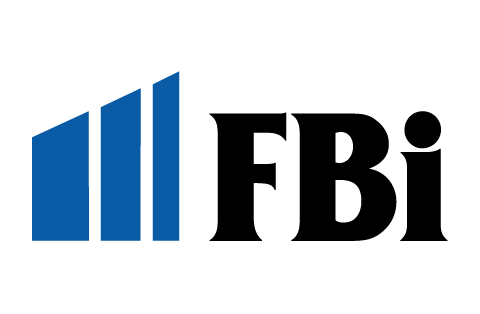My friend Dorothy and I recently started a book club. (Remember her from this blog where we talked about the importance of avoiding burnout?) Well, we enjoyed that so much that we decided to read a new book every month and reflect on it. Reflecting often turns into catching up on life, but the intentions of personal development are there.
This September we read The Hard Truth About Soft Skills: Workplace Lessons Smart People Wish They’d Learned Sooner by Peggy Klaus. The self-help book focused primarily on how to recognize important soft skills in a professional setting and how you can improve on them yourself. Soft skills are interpersonal and behavioral skills that help you work well with other people and develop your career. Think listening abilities, building trust between teammates, adaptability, persuasion, etc. When combined with strong technical or “hard” skills relative to your position and tasks, you have a leg up in building a successful (and happy) career.
While my own self-reflection was great, I wanted to learn more about the consideration that is put into evaluating soft skills when interviewing and hiring new employees and development plans for current employees. It inspired me to call Josh Hushon, strategic marketing lead for North America at Cargill Animal Nutrition, and Kylie Epperson, owner and bookkeeper at Epperson Family Farms and TheGratefulFarmWife on Instagram, Facebook and YouTube.
“I’m involved in adding new talent to Cargill from two perspectives. As we’ve brought more marketers to Cargill, I am often the hiring manager and have the final decision on who we bring in. In addition, other teammates will ask me to be part of the recruiting and interview process as I’ve been told that hiring great people is my superpower!” Hushon continues, “I think genuine self-confidence is the most appealing soft skill to have. One of my favorite podcasters, Ed Mylett, likes to say that you ‘build self-confidence by making promises to yourself and then keeping them.’ I firmly believe this. When someone comes into a meeting or interview and has real self-confidence, they set themselves apart.”
Epperson gives a different perspective that is more specific to evaluating farm employee candidates and their soft skills. “For farming, it is my belief that teamwork and time management are the two high hitters. There are many jobs that employees will have to complete on their own, and to maximize their efficiency, they must manage their time effectively.” She followed with, “Most all things can be taught. The individual being interviewed must meet basic requirements for the position, but they must also be willing to put the work in to be the best they can be.”
It’s hard to argue that soft skills are any less important than hard skills. In Klaus’s book, she gives a novel perspective in chapter three that highlights the importance of listening. She proves that listening is more than preparing to respond; it’s about being a chameleon. It can help you understand who your audience is and how it best receives information. Imagine a big idea that you’re preparing research for to present to your boss – like converting your freestall barn to accommodate robotic milking units or switching marketing agencies. There is a lot of research and data that you have put into your presentation. However, the decisionmaker you’re presenting to starts to drift. You remember your boss told you that he recently has taken on more work and stressful responsibility than normal – there is a lot on his mind. You’re able to rethink your presentation and embrace the soft skills of adaptability and persuasion. If you put the proposal’s main idea and financial benefits first, you have captured his attention and encouraged him to pay attention to the details of the plan.
Now, it’s time apply this concept in your own life. If you’re getting ready to hire a new employee, write down the top three to five soft skills you want that person to have. Then you can build interview questions that will help determine if the candidate does or does not possess what you need.
If you’re interested in your own development plan, write down the top three to five soft skills that you think are most important for you to have. What are you good at already, and how can you maintain that skill? What are you lacking, and how can you improve?
These soft skills will help you build and nurture stronger relationships in your professional and personal life. Good luck!







